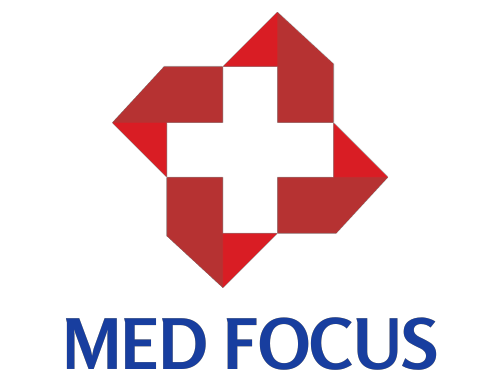Medical ethics is a fundamental and critical aspect of healthcare, guiding the behavior and decision-making of healthcare professionals. Aspiring healthcare professionals, such as doctors, nurses, and medical students, must have a solid understanding of medical ethics to ensure they provide high-quality and compassionate care to their patients. In this primer, we will delve into the key principles and concepts of medical ethics that serve as the foundation for ethical medical practice.

-
Introduction to Medical Ethics: Medical ethics is a branch of ethics that deals specifically with moral issues and dilemmas in healthcare. It encompasses the principles, values, and guidelines that govern the conduct and behavior of healthcare providers. These principles are rooted in respect for the autonomy, dignity, and well-being of patients.
-
Autonomy: Autonomy is a fundamental principle of medical ethics that emphasizes a patient's right to make their own decisions about their healthcare. Aspiring healthcare professionals must respect a patient's right to informed consent, which means providing clear and understandable information about medical treatments and allowing the patient to make choices based on their values and preferences.

-
Beneficence and Non-Maleficence: The principles of beneficence and non-maleficence require healthcare professionals to act in the best interests of their patients and avoid harm. Aspiring healthcare professionals should always strive to provide the highest standard of care while minimizing risks and potential harm.
-
Justice: Justice in medical ethics concerns the fair distribution of healthcare resources and the equitable treatment of patients. Aspiring healthcare professionals need to be aware of issues related to healthcare disparities and advocate for equitable access to healthcare services.

-
Confidentiality: Protecting patient confidentiality is a critical ethical duty in healthcare. Aspiring professionals must understand the importance of safeguarding patient information and respecting their privacy rights. Breaches of confidentiality can erode trust between patients and healthcare providers.
-
End-of-Life Care: Ethical dilemmas often arise in end-of-life care, where healthcare professionals must navigate complex decisions regarding withholding or withdrawing treatment, pain management, and respecting patients' advance directives. Aspiring professionals should be well-versed in these matters.

-
Cultural Sensitivity: In an increasingly diverse healthcare landscape, aspiring healthcare professionals should be culturally sensitive and aware of how cultural beliefs and practices can impact patient care. Cultural competence ensures that care is provided in a respectful and patient-centered manner.
Understanding medical ethics is an ongoing process, and aspiring healthcare professionals should continually educate themselves on ethical issues and engage in ethical discussions with peers and mentors. Ethical dilemmas in healthcare are common, and having a strong foundation in medical ethics helps professionals navigate these challenges while upholding the highest standards of patient care and ethical integrity. Moreover, adhering to ethical principles not only benefits patients but also enhances the credibility and reputation of healthcare institutions and professionals within the healthcare community.
Kindly visit themedfocus.com for additional advice and recommendations about attending medical school. If you're seeking a trustworthy internet source, please check out the whole medical school package at the URL below.
https://themedfocus.com/products/the-complete-med-school-bundle
